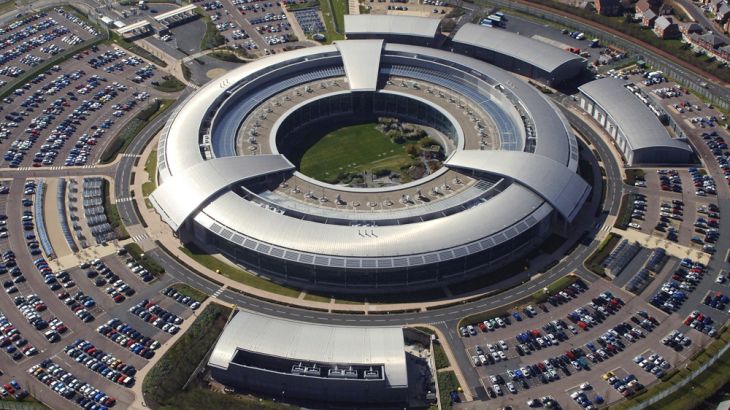
UK surveillance under scrutiny
A media post-mortem into the UK’s surveillance report. Plus, why five years on in Argentina the media looks so familiar.
It has been close to two years since Edward Snowden blew the lid off the mass surveillance carried out by the US’s National Security Agency and by the UK’s Government Communications Headquarters (GCHQ). And it has taken almost that long for the UK’s Intelligence and Security Committee (the ISC) to figure out what to make of it all in order for an “informed and responsible” debate – as the committee put it – that balances the individual’s right to privacy with our collective right to security to take place.
The ISC’s report concludes that the GCHQ’s surveillance fell within the legal framework and was necessary for uncovering terrorists and cybercrime. These findings are not surprising: the report’s authors were appointed by the government. The committee members were supposed to know what GCHQ spies were up to but they did not. It took Snowden to tell them. These findings did not go down well with those close to the story, including Snowden, who provided this British jury with all of the evidence. Some think the state protects their citizens from terrorism; civil liberties groups disagree.
Keep reading
list of 4 itemsWall Street Journal cuts Hong Kong staff, shifts focus to Singapore
Abu Dhabi-backed group ends bid to take over Telegraph newspaper
Two Russian journalists arrested over alleged work for Navalny group
Talking us through our lead story this week in London is Carly Nyst, the Legal Director of Privacy International; Eerke Boiten, senior lecturer at the University of Kent; Ryan Gallagher, a journalist at The Intercept; and Andrew Griffin, a journalist at The Independent.
Other stories on our radar this week: The war in Syria has entered its fifth year and the latest figures from the New York-based Committee to Protect Journalists reveal that 81 media workers have died covering the conflict since it began. In Mexico, one of the country’s best-known journalists, Carmen Aristegui, was fired from her job as a radio host. Critics say that Aristegui, who has 15 million listeners, lost her job because of her reporting on President Pena Nieto. We also looked at the pro-democracy crackdown in the Democratic Republic of Congo and how 30 people, including six journalists, were recently arrested at a pro-democracy meeting in Kinshasa.
Argentina’s media reform law – has anything changed?
At The Listening Post we have been chronicling the media story out of Argentina for a few years now. At the centre of this story is a piece of legislation – a media reform law – passed by the government of President Cristina Kirchner in 2009. The government sold the law as a way to correct a media concentration and allow new voices to compete for attention. One of the most ambitious aspects of the law requires that the media is divided equally in three parts: one-third for privately-owned media, one-third for state media, and the remaining portion for non-profit, community-controlled media.
Some accused President Kirchner of using the law to bring down her political enemies at Grupo Clarin—the largest media conglomerate in Argentina. But those in favour of the bill say it goes beyond breaking up media monopolies; it is about changing the rules and reforming the institutions that date back to Argentina’s days under a military dictatorship. Yet, five years after Argentina tried to reshape its media landscape, Grupo Clarin remains as powerful as ever. So, has anything changed?
The Listening Post’s Marcela Pizarro goes to Buenos Aires to report on the media law that is more than just a battle between government and big business.
The end note video is one segment of the show that the producers on The Listening Post do not always agree on. But sometimes there will be one that unites the team and in this week’s case, made us all laugh out loud. It was a clip taken from the recent Eurovision contest in Sweden. The star of the clip was not the singer though, it was the sign language interpreter, Tommy Krongh, who took his job to the next level. We defy you not to laugh at his actions.